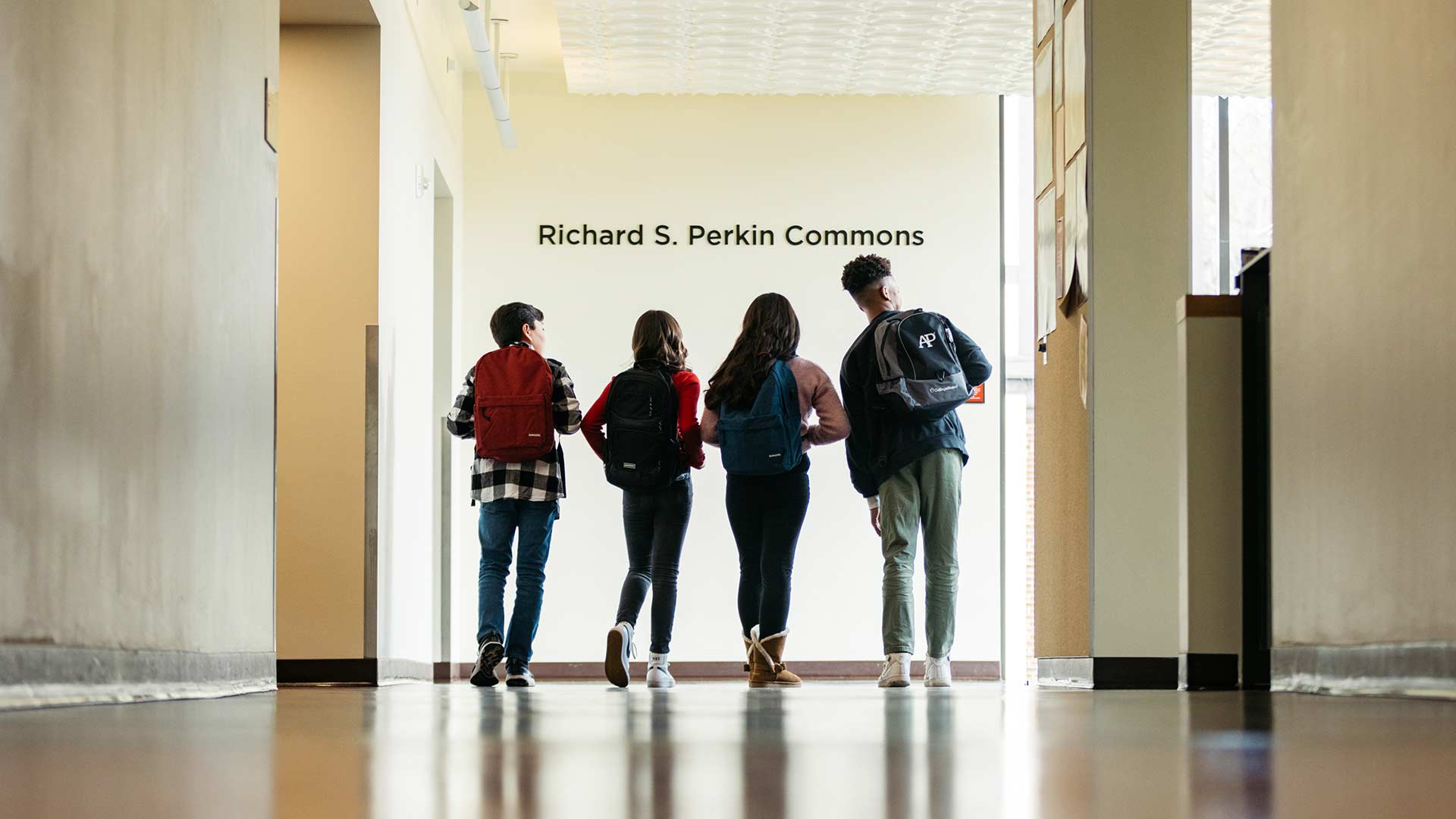Winter weather can be a chilly and tricky time of the year. Even though snow and cold weather can be fun, staying safe during the season is essential. At King’s Junior High School in Shoreline, near Seattle, Washington, there are some critical Winter weather safety tips to help students stay warm, avoid frostbite, and enjoy winter safely.
Why Winter Weather Safety Matters
Before we get into the tips, let’s understand why being safe in winter is essential. Cold weather can bring severe risks like frostbite, hypothermia, slips, and falls. Addressing the myths about winter weather will help everyone be proactive when planning for the weather. But don’t worry; by learning and following these winter weather safety tips, junior high students can have a great time while staying safe.
Dressing Warmly
- Layer Up: When it’s cold, wearing layers of clothes is smart. Start with a shirt, add a warm layer, and then wear a coat that blocks the wind and snow.
- Hat and Gloves: Students can keep their heads and hands warm with a hat, gloves, or mittens. They help keep the body heat in.
- Keep Feet Warm: Wear warm, waterproof boots to keep both feet cozy and dry. Boots with good grips protect against slipping on icy surfaces.
Preventing Frostbite
Frostbite is when the skin and tissues freeze. Here’s how to avoid frostbite:
- Stay Dry: Wet clothes and skin can make frostbite worse. Ensure the outside layer is waterproof, and refrain from sitting or standing in snow or puddles for too long.
- Keep Moving: Moving around generates body heat, so try not to stay still for too long when it’s cold outside.
- Watch for Signs: Skin that feels numb or looks pale, waxy, or strange is a sign of frostbite. Finding shelter as soon as possible is the best plan of action.
Safe Winter Activities
- Ice Skating and Sledding: Ensure the area for skating and sledding is safe and that there are adults around to help if needed.
- Walking Safely: Be careful when walking to school or around the neighborhood. Look out for icy sidewalks and streets. Take small steps, walk slowly, and hold onto handrails if available.
Getting Ready for Emergencies
- Emergency Kit: A small kit in a backpack or locker is a good idea. A kit can include things like a flashlight, extra clothes, hand warmers, snacks, and a fully charged cell phone.
- Stay Informed: Pay attention to the weather forecast, school announcements, and emergency alerts. Knowing what the weather is like and following safety advice from schools or local authorities is essential.
Staying safe in winter is extremely important for junior high school students. At King’s Junior High School in Shoreline, Washington, students can follow these simple winter weather safety tips to have a great winter while keeping warm, avoiding frostbite, and staying out of harm’s way. Remember to bundle up, watch out for frostbite signs, have fun safely in the snow, and be ready for emergencies. Enjoy the winter season safely!
